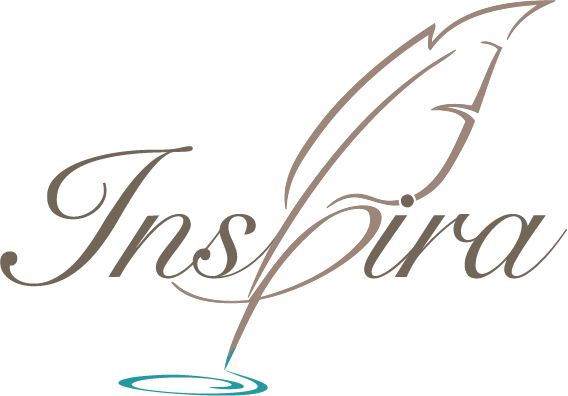Why Your Book Needs a Developmental Editor
/When my youngest daughter was in second grade, I once accompanied her class on a field trip to the zoo. Hillary was delighted to have me with her on the school bus full of loudly chattering children. One of her classmates, a boy of about seven, sized me up and asked boldly over the din, “So what do you do for a job?”
Hillary enthusiastically and proudly answered for me, “She fixes people’s spelling!”
The boy looked at me with great pity. “Oh wow. Bummer.”
I couldn’t stifle my laughter. I’m sure that, to him, it sounded like the worst job ever!
Thankfully, correcting spelling is probably one of the most minor aspects of what I do as an editor (although I don’t mind it). But it’s still probably one of the first things most people—adults included—think of when they think of “editing.”
Developmental vs. Copy Editing
When most people think of an “editor,” they generally think about someone who weeds out all the bad grammar, misspelled words, and typos from a manuscript. That is only partially true. This is copy editing. A good copy editor knows the rules of grammar and uses them scrupulously to polish your manuscript.
A developmental editor, on the other hand, reads a manuscript and asks good questions. She (or he) gets at the heart of your book to make sure it has all the right components, and that it flows seamlessly and logically from start to finish. She’ll look for things like:
structure and sequence
clarity and logic
outline and objectives (if non-fiction); character and plot (if fiction)
organization - does the material (or plot) unfold in the most useful/interesting way?
ensuring research and quotes are properly cited and documented
illustrating key points with well-illustrated stories, graphs, and/or diagrams
making the language clear and easy to understand
ensuring the thoughts flow smoothly from chapter to chapter, ending up in a satisfying conclusion
I love this apt description I once read of the difference between a a copy editor and a developmental editor: “A copy editor will point out that you have broccoli in your teeth. A developmental editor will ask you why you ate broccoli to begin with. Perhaps kale would be better?”
The reality is, for your book to be the best it can be, you need both – developmental editing and copy editing (in that order). I can’t count the number of “edited” manuscripts and books I’ve seen that may have their spelling sorted out, but they lack any sort of cohesive structure and flow. These books, unfortunately, fall flat and, sadly, never reach their full potential.
I pointed out to my young friend on the school bus and reiterate today, years later, that I love my job as an editor. I do both developmental and copy editing and enjoy them as integral parts of a complete project (and a stellar book). And, when necessary, I’ll even politely point out any offending broccoli—at no extra charge. :-)
~Arlyn Lawrence
Arlyn Lawrence is an author and editor, and the founder and president of Inspira. She loves to see great books with important missions and messages find their way into the world and impact the lives they touch.
(c) 2019 Inspira Literary Solutions. All rights reserved.


